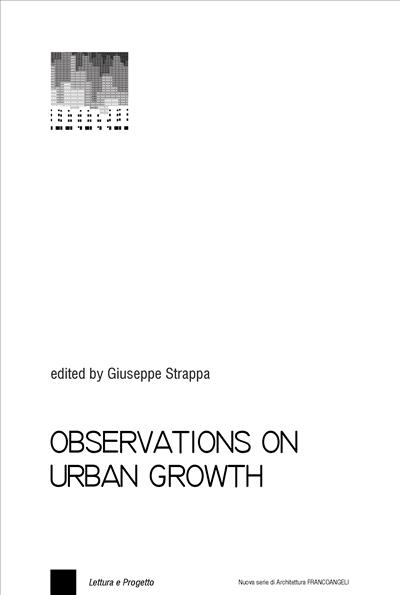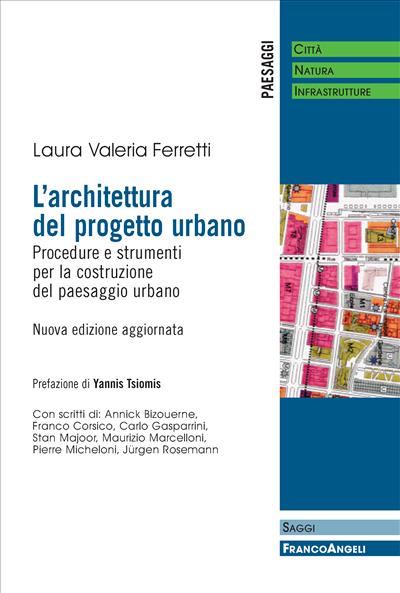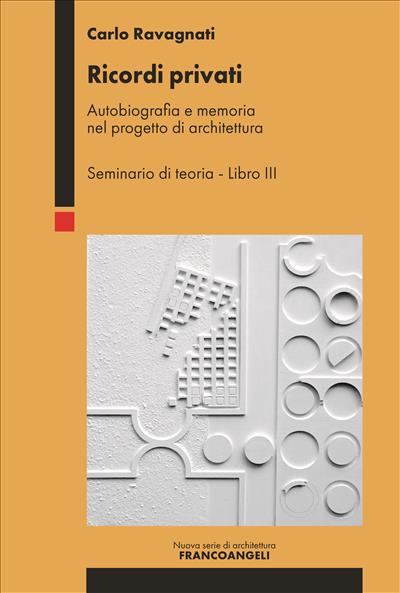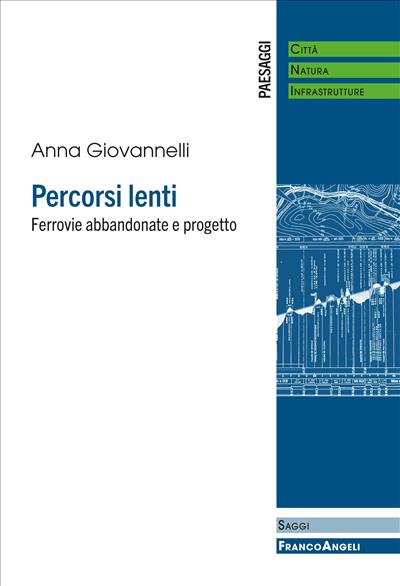
A cura di: Giuseppe Strappa
Observations on urban growth
This book compares a number of essays on urban growth that examine case studies located in various different geographic areas. It is not just a comparison of urban samples. What interests the editor is to compare interpretational models derived from experience that come under the umbrella of urban morphology, developed in different cultural contexts that nevertheless share the conviction that the form of a city, even in its most seemingly chaotic incarnations, can be interpreted rationally and contains the seeds of future change.
Pagine: 216
ISBN: 9788891761873
Edizione: 1a edizione 2018
Codice editore: 1098.2.48
Disponibilità: Discreta
Pagine: 216
ISBN: 9788891767332
Edizione:1a edizione 2018
Codice editore: 1098.2.48
Possibilità di stampa: No
Possibilità di copia: No
Possibilità di annotazione: No
Formato: PDF con DRM Readium LCP
Pagine: 216
ISBN: 9788891767714
Edizione:1a edizione 2018
Codice editore: 1098.2.48
Possibilità di stampa: No
Possibilità di copia: No
Possibilità di annotazione: Sì
Formato: ePub con DRM Readium LCP




